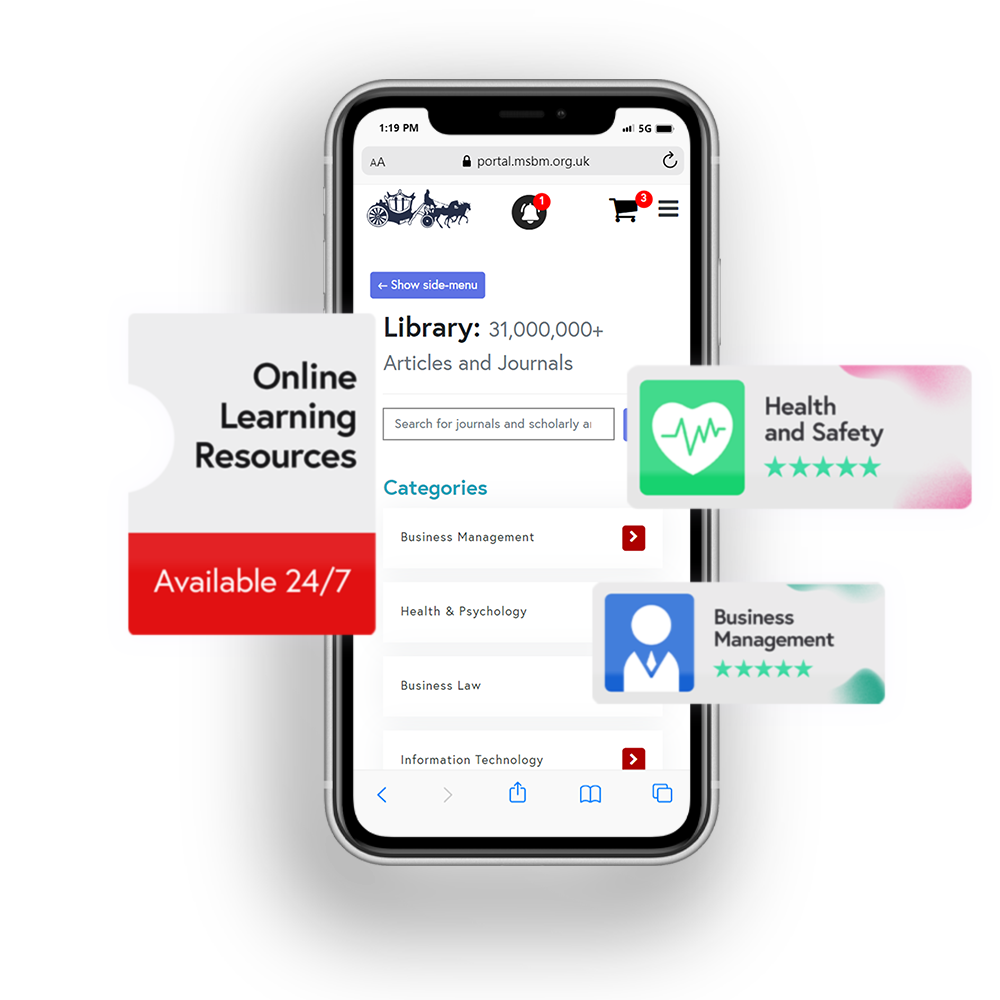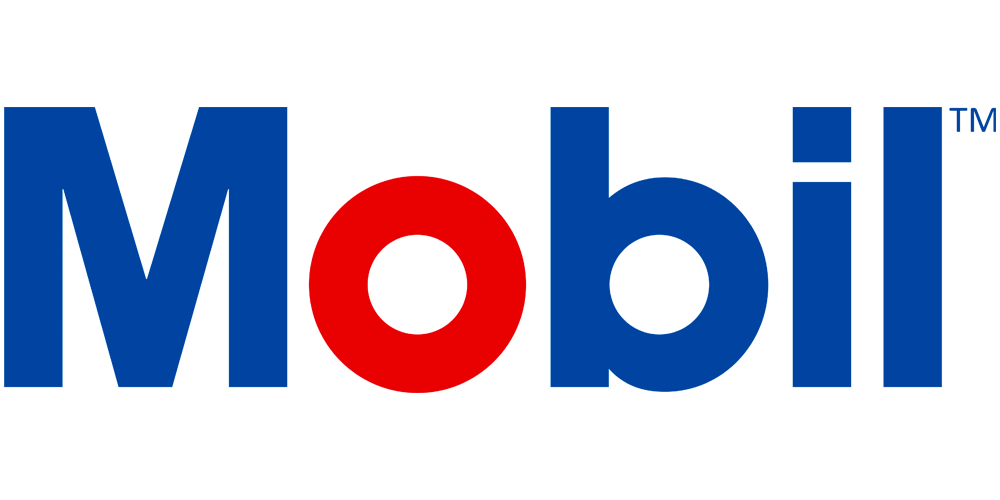Executive Master of Business Administration (EMBA) in Digital Marketing
The Executive Master of Business Administration (EMBA) in Digital Marketing is designed to fit around work and personal commitments. World-class teaching is delivered via pre-recorded online lectures to enrich the learning experience. MSBM has perfected the art of delivering practical digital marketing education. Our practice-based approach focuses on addressing real-world business problems.
We don’t just give you the theory; we ensure you learn how to apply it in your working life immediately, with case studies, webinars, business simulations, and 100% project-based.
The Executive Master of Business Administration (EMBA) in Digital Marketing allows you to achieve the qualification between 8 to 10 months, so it is a fast track to new opportunities and enhanced career prospects.
The purpose of this programme is to deliver a practical understanding of the tools and methods of the digital marketing strategy, which in turn is supported by appropriate reference to theoretical and conceptual analysis.
Accreditation
All MSBM courses are accredited by the relevant partners and awarding bodies. Please refer to MSBM accreditation in about us for more details.
Entry Requirements
For entry onto the Executive Master of Business Administration (EMBA) in Digital Marketing qualification, learners must possess:
- An honours degree in a related subject or the UK level 6 diploma or equivalent overseas qualification, i.e. Bachelors Degree or Higher National Diploma
OR
- Mature learners (over 25) with at least five years of management experience if they do not possess the above qualification (this is reviewed on a case-by-case basis)
Course Modules
This module provides the most critical information about the study course and assignment submission.
The management of human beings in a complex organisation- including human resource planning and development, assessment of future needs, building the personnel function to meet the needs of developing organisations, developing career paths, training programs, and policies. Resource loyalties, managing personnel to elevate individual contribution and increase quality, and lowering operational costs topics are additionally covered in this course.
This module equips students with the skills to incorporate the concepts of sustainable development in all the stages of an organisation. Focus is placed on background knowledge of the concept of sustainable development in supply chains, and students are expected to learn to contribute with confidence to a debate on the issues raised by sustainable development plans. The necessary practical tools used to apply the principles of sustainable development in supply chain are provided.
This course teaches students to comprehend the concerns and challenges that strategic management managers encounter. It introduces students to concepts, methodological techniques, and instruments that are applicable to the analysis of an organization's strategic position. Students will learn how to establish and implement strategies and policies, as well as their significant operational implications, in this course.
The production and operation functions in business are the themes of this course. Evaluation and growth of production and operations management (POM); POM problems; productivity (planning and control) and its measurement; forecasting demand; basic qualitative and quantitative forecasting techniques in major production; inventory control; single and multiple period inventories; statistical quality control; management problems; and case studies.
During this course, students will learn to distinguish between the international marketing concepts of products or services. From a managerial standpoint, understanding the international marketing environment and the conditions that influence the market selection, product decisions, policy and price, distribution channels, and various levels of marketing communications will be explained.
The goal of this course is to help students prepare for individualised research projects or dissertations by providing them with the tools and skills they'll need to build projects from a scientific, academic, and methodological standpoint.
Research strategy and design, conceptual framework development, ethics, research methodologies, and data analysis are among the topics covered.
Here, the learner will submit a self researched graduation project to apply the concepts learnt and skills acquired during the course
Workshops
Workshops are conducted by live webinars for online students.
Classroom workshops are available if there is a local branch in your country. Speak to our course advisors on this subject.
Visa Requirements
There is no Visa requirement for this programme.








































